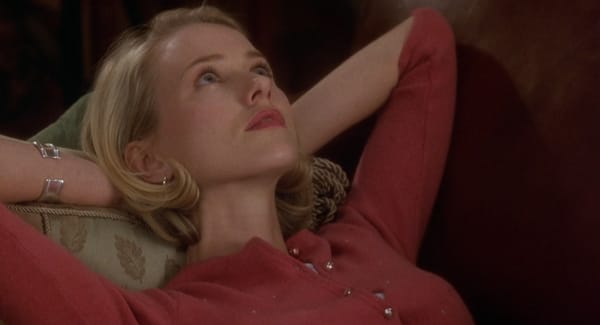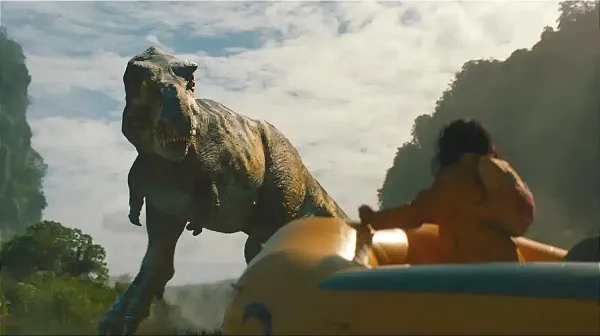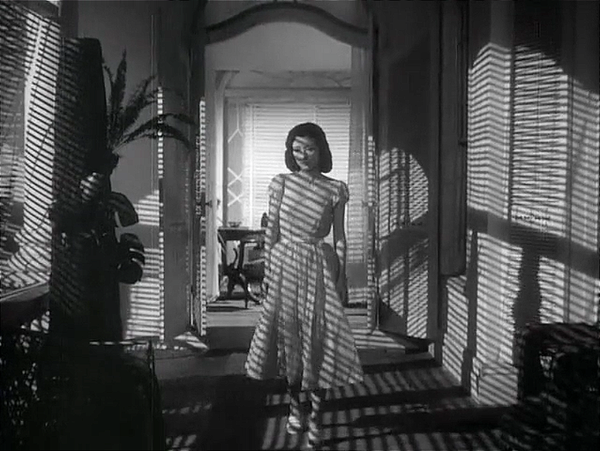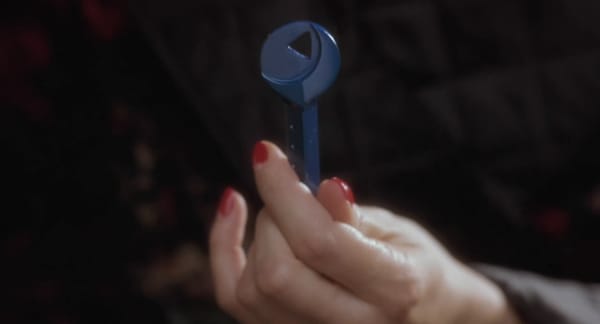What to Watch: "The Old Oak"
Ken Loach's final film comes to VOD. Plus: Reviews of "Brats" and "Tuesday."
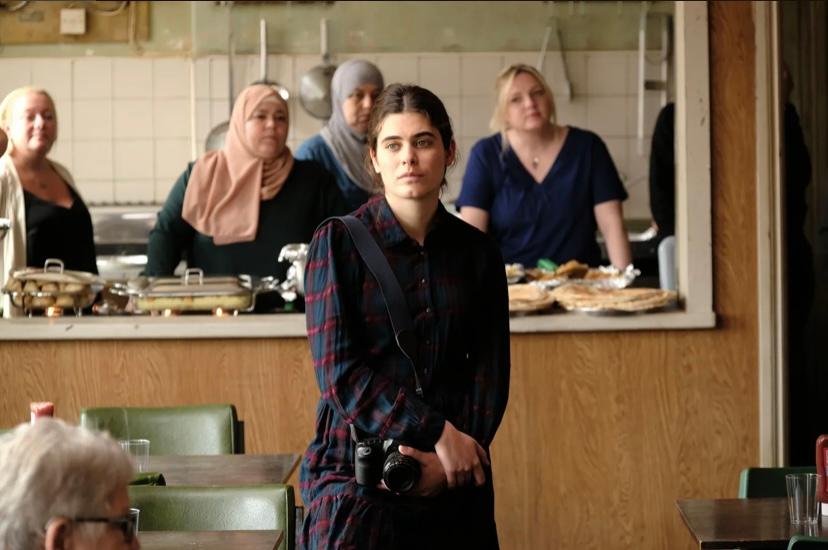
New on VOD: “The Old Oak” (⭐ ⭐ ⭐ 1/2, $4.99 on Amazon, Apple TV, Google Play and YouTube). After 87 years and 28 feature films, the great British director Ken Loach has announced that this is likely his final movie, and attention must be paid. But “The Old Oak” demands to be seen not because it’s the last Loach but because it feels like a condensed fractal of his entire body of work, or maybe a conscious (but not self-conscious) career summation. Like almost all his films – and, like many of them, scripted by Paul Laverty – “The Old Oak” is a flinty social-realist portrait of Britain’s underclass, the people who always and forever have gotten the pointy end of the stick. Beneath the dispassionate kitchen-sink observations and finely detailed characters boils a class rage that few other filmmakers have mustered or been able to sustain over the long haul.
The people in a Ken Loach movie – union men (and women), recovering alcoholics, impoverished children, teenage boys tempted by crime, slaves to the gig economy – are complicated mixtures of good intentions and dodgy results, but they’re all struggling under a system that stacks the odds against them from far-off cabinet offices in London and elsewhere. Loach may be the most committed anti-capitalist moviemaker in the history of the medium (the Dardenne brothers are nearly his equals), but his films, at their best, are the opposite of polemics. They play as real stories about actual people muddling through the day, trying to push back against dehumanizing bureaucracies, sectarian hatreds, and soul-crushing economic forces they can only partly glimpse. But a movie like “The Old Oak” – or “My Name Is Joe” (1998) or “Kes” (1969) or “I, Daniel Blake” (2016) – makes sure we see those systems and their effects in all their ruination.
Which sounds like a cosmic bummer, and I’ve always tended to approach Loach by bracing myself for the bad news. And then I watch his movies and am transported, often to tears, by the communion that never fails to spring up like a hardy winter plant through cement. Even when things end badly for his characters, he and we prize them for their choices, good and bad, kind and foolish, and for the endurance they share with each other as a way to stay alive and recognize each other’s humanity. Which, in the end, is the only way to survive a system that insists we’re only figures in a ledger.
Hope, in fact, is one of the themes that raises its head from subtext to text in “The Old Oak,” stated as a life philosophy by Yara (Ebla Mari), a Syrian refugee who with her family has been deposited in a small, dying village in the Northeast of England. (The movie takes place in 2016 but feels as painfully relevant as today's headlines.) The coal-mining industry that was the life blood and death sentence of the locals was shut down following the 1984 miners' strike, and the newcomers, fleeing a civil war that has bombed them out of their homes, are greeted with hard stares and hostility. The Old Oak is not a tree but the pub where angry men gather to grouse about the hand-basket the country is going to Hell in and where the owner, T.J. Ballantyne (Dave Turner, an occasional Loach player in a quietly heartbreaking lead role), has settled his many demons into a resigned kindness toward anyone else who has it hard.
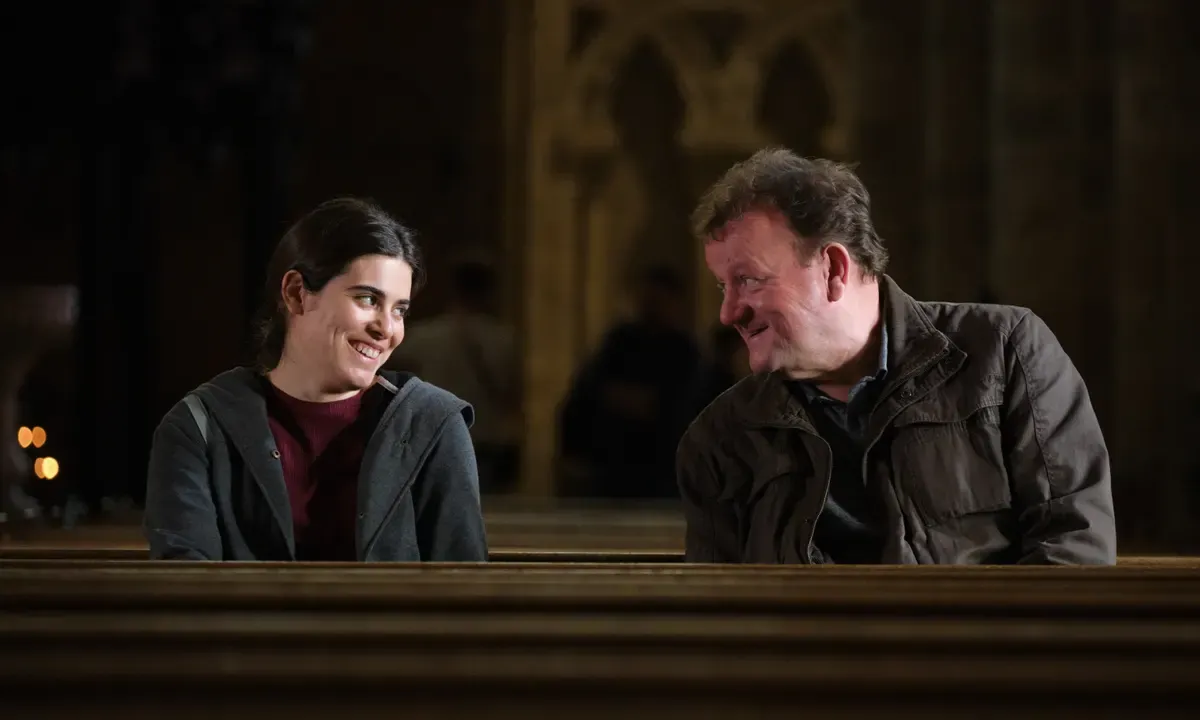
Which in Loach-land is everyone but no more so than the refugees, who we see receiving charity and stiff kicks in equal measure, sometimes from the same people. Yara, who’s in her late 20s and speaks English well, strikes up a friendship with T.J. – with this filmmaker we know there’ll be no question of a cooked-up romance – and through that friendship we see the entire town start to choose sides in a kind of interior moral battle in which everyone wins or everyone loses.
It’s not that there are no villains in “The Old Oak,” but, instead, there are degrees by which characters have or have not given into hatred and become defined by it. The chief quartet of rabble rousers at T.J.’s pub run the gamut from virulent racists like Vic (Chris McGlade) and Gary (Jordan Louis) to secret pot-stirrers like Charlie (Trevor Fox) and sycophants like Eddy (Col Tait), but at the same time Loach makes sure we understand their fury at having lost control over their own lives and livelihoods. There are the irredeemable, like the lout who smashes Yara’s camera at the start of the film, and there are the redeemed, like T.J., who sells off two of his estranged son’s cameras to pay for repairs to Yara’s.
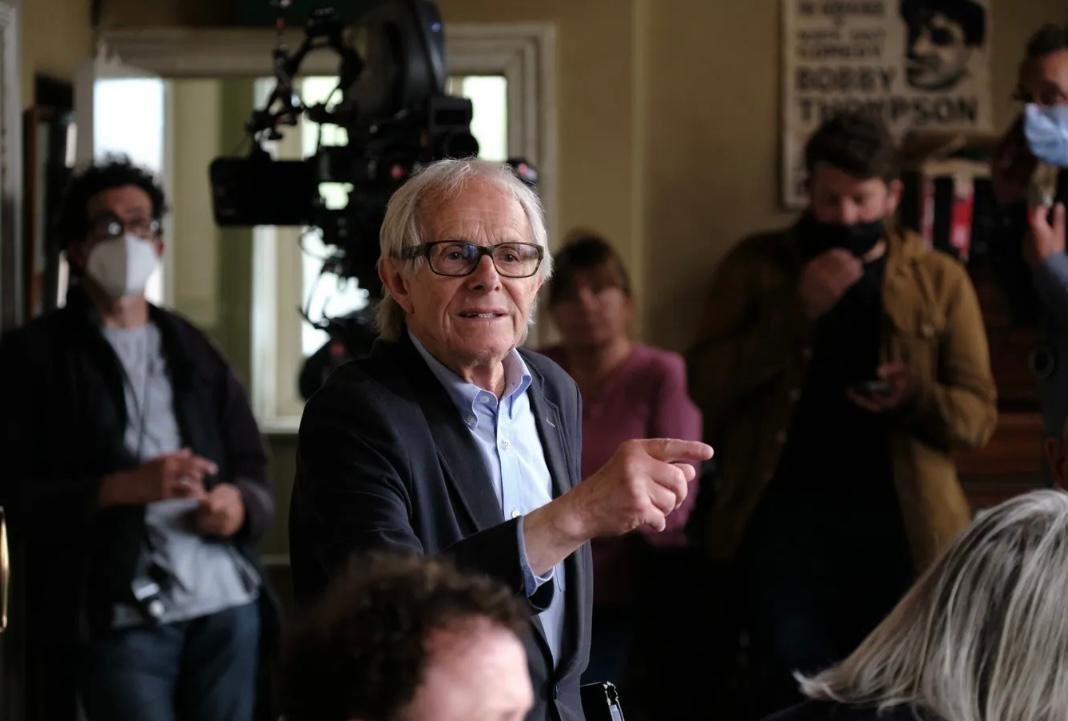
There are also lessons in judging others that we in the audience would do well to heed. Watching “The Old Oak,” I uttered a very bad word (although one quite common in England) when one of the local women violently shoves Yara out of her house after the latter has brought the woman’s sick daughter home; a few scenes later I ate my curse in shame when the same woman apologizes and offers Yara and her camera an entry into the community. We’re all hard up against it, Loach reminds us, and turning against each other is exactly what those in power want us to do, rather than turning our fury, rightfully and righteously, on them.
Which is why the final scene of “The Old Oak” reduced me, once again and for the final time, to tears. For some critics and audiences, it's the hardest scene in the movie to believe. For a man making the last sequence of possibly his last movie, I think, it's a final claim for concord – the we that are the only answer to anything.
Following the paywall below are my two reviews for the Washington Post this week: Andrew McCarthy's "Brats" and the startling Julia Louis-Dreyfus drama "Tuesday."
Please feel free to leave a comment or add to someone else's.
If you enjoyed this post, please forward it to friends! And if you’re not a paying subscriber and would like to sign up for additional postings and to join the discussions — or just help underwrite this enterprise, for which the author would be eternally grateful — here’s how.


